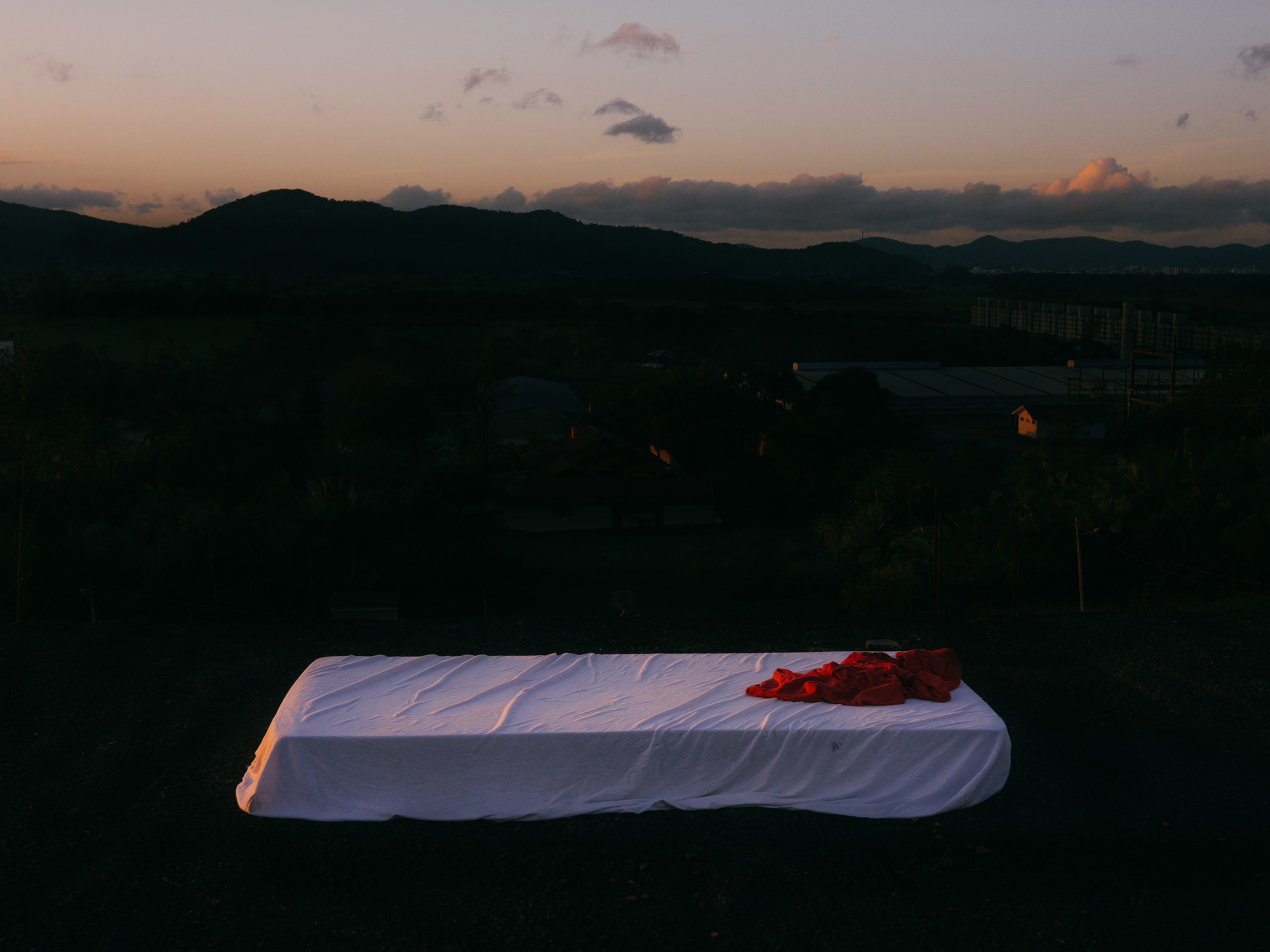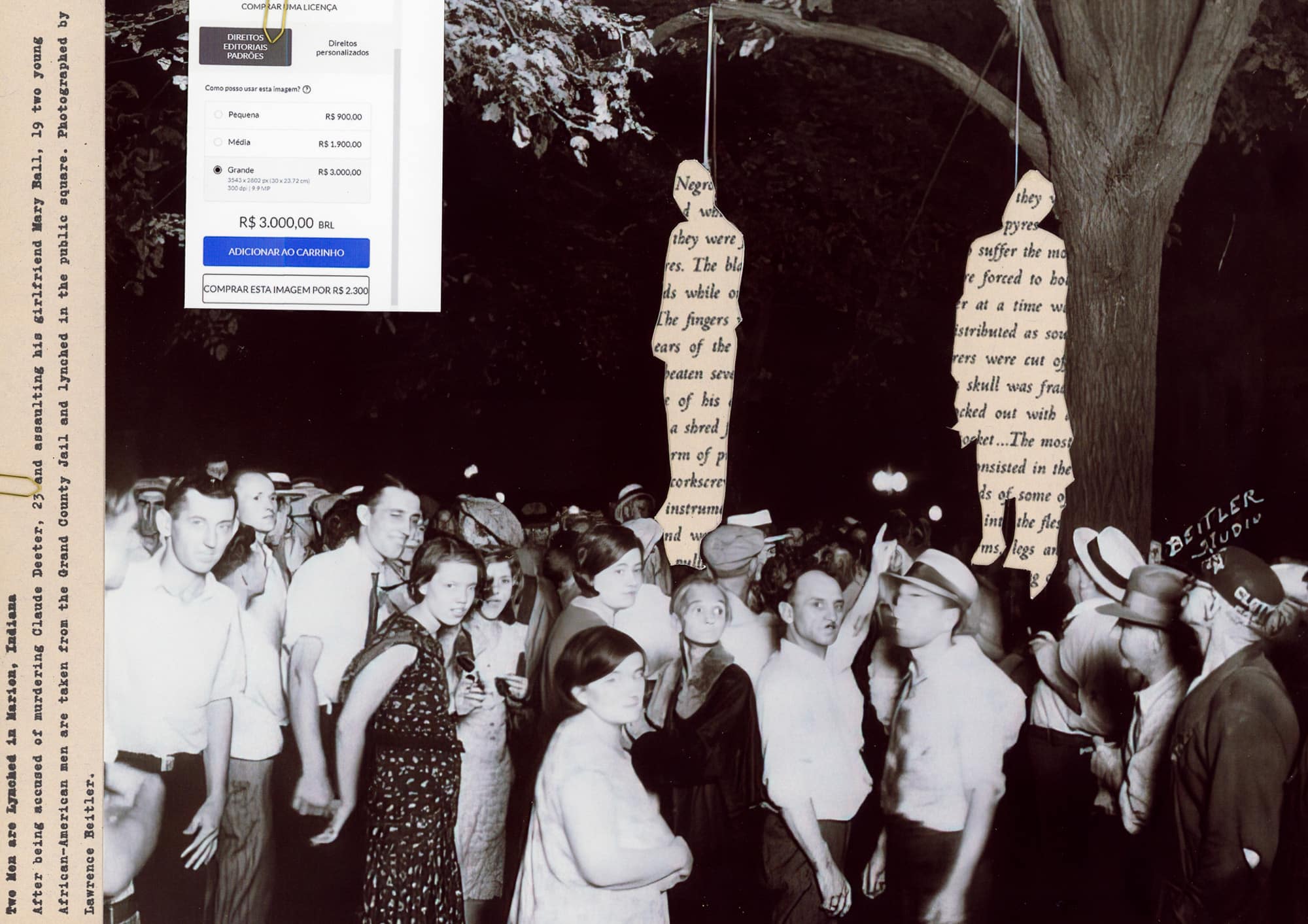
Irina and Tam’s journey
Irina Werning defines herself as a photojournalist. And not a very ordinary one, she is interested in telling stories with a light-hearted touch. She is not a denier, she says, but she likes to see the positive side of things, even if they are still problematic. She has a particular look with which she seeks to tell stories of people looking for other edges “because people can be many things simultaneously.”
This year, Irina was one of the winners of the World Press Photo in Latin America. The story with which she participated was The promise, which tells the story of Antonella, a 12-year-old girl who promised in the middle of the pandemic that she would only cut her hair when she returned to school. Now, Irina presents La Vueltita de Tam, the story of a young non-binary trans girl who travels to visit their family in Bolivia after two years of not doing so and starting her transit. This Pulitzer Center collaborate on the production of this story.

How did you meet Tam?
I met they in a videoclip, where they was a dancer, and I was a photographer. In the round, when we introduced ourselves, they said three sentences that left me frozen. She said, “I’m Tam trans dancer, not a binary; I transitioned to a non binary in Argentina in the last two years, and now in March, I’m going to my hometown in Bolivia for the first time since I transitioned. And I feel like a dissident. As soon as I heard those sentences, I said, “I’m going with them.”
Tam is one of those special characters you connect with in a second. I approached them and told them I wanted to go to Bolivia, they said yes and we embarked on this unknown adventure to return to Bolivia with this new identity or a new way of perceiving the genre.
How did their family receive you in Bolivia?
The family is very open, but they struggle with pronouns. It is hard for them to understand some things because it is not only how Tam perceives themselves but how they wants to be perceived. The family is learning, just as I am from another generation, and I learned much about gender. Many people associate gender with sexuality, which has nothing to do with it. One thing goes one way, and another thing goes another way. That is constant teaching that generation gives to our generation.


And what did you learn?
I learned that non-binary gender is like a big umbrella of many ways of feeling or perceiving oneself, and each ONE is unique. I understood that gender and sexuality are separate things. It was fascinating the challenge of going to a very traditional society where many cultural values are rooted in past and ancestral stuff that do not contemplate these new forms.
Bolivia is very traditional, and how they perceive gender is also very traditional. From women, they expect certain things, and from men, they expect others. We decided to take all the photos in the street because the photographic look at the trans world is often like in their rooms and how they perceive themselves. Here, we were interested in seeing how society interacted with Tam or saw them and how Tam felt in that context. So most photos are taken on the street and with strangers or acquaintances interacting.
How did Tam feel about the photos? It’s intense to so much portrayed.
Tam is super creative and open to exploration, so they had a lot of fun, and we also tried to include things that had to do with their life and personality. So there was a lot of body expression because they is a dancer.
Did Tam return to Argentina after the trip?
Tam was visiting their family. They hadn’t been able to go because of the pandemic for two years. During that time, TAm started their transition: they cut and dyed their hair, changed how they dressed, changed their pronouns. It’s a transition without surgery or hormones. That is something I also learned because one always thinks that shifts have a medical connotation, but many trans people do not choose this path. There are other ways to do it, whether it’s the clothes, how you dress, the hair, how you want to be talked to, or the name you choose.
It’s a prejudice to think that trans people only make medical transitions and that transitioning is only to the opposite gender.




